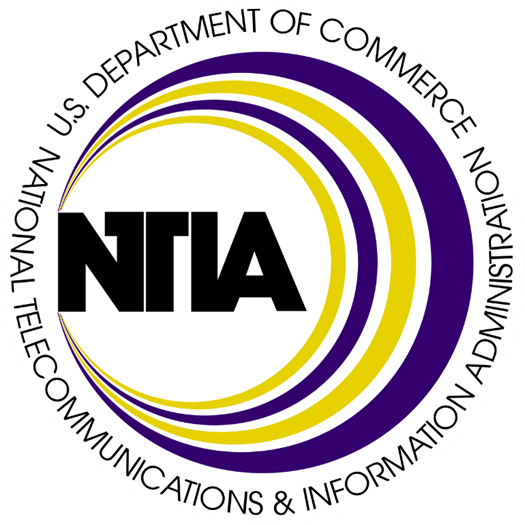Early childhood education gets $150 million investment from state – By Catherine Shen, Connecticut Public Radio
A $150 million injection into the state’s early childhood system would provide much-needed relief, child care providers said during a news conference hosted by Gov. Ned Lamont on Tuesday.
At Trinity College’s Community Child Center in Hartford, Lamont said the investment is important because it would allow every child to have a fair shot at life.
“It’s the largest investment the state has ever made. We’ve doubled our commitment from the last few years to support child care,” he said. “We’re making sure we have enough caregivers, making sure we give them incentives and making sure that the work pays.”
The state House of Representatives approved the $150 million investment Monday as a part of the state budget. The state Senate adopted the budget on Tuesday.

Tribal broadband gets $77 million from Commerce Department – By Colin Wood, State Scoop
The Commerce Department on Wednesday announced a total of $77 million in n
According to the NTIA, the federation plans to use the funding to subsidize broadband service, offer digital skills and workforce training and improve access to health care.
“For far too long, Tribal Communities have been cut off from the benefits of high-speed internet, as well as the associated economic benefits that come with it,” Commerce Secretary Gina Raimondo said in a press release. “From running a business to taking online classes to scheduling a doctor’s appointment, the internet is a necessary tool for participating in our modern economy, and it’s an absolute injustice that this resource has been deprived from so many Native Americans across our country.”

Indiana voters pass most local tax increases for school salaries, operations – By Aleksandra Appleton, Chalkbeat
Indiana voters Tuesday overwhelmingly backed local property tax increases to fund school operations but hesitated to pay more for campus construction and renovation projects.
The May election saw more referendums on the ballot than in the past three elections combined as the state emerges from COVID-19 economic uncertainty. In total, Indiana voters approved seven referendums out of the nine that were proposed.
All six of the operating referendums on the ballot passed, giving schools around the state additional tax revenue to fund programs, transportation, and salaries.
But construction referendums — whose funds are earmarked for specific building or renovation projects — fared worse. Of three such referendums on the ballot, only Lebanon schools won voter approval for a $102 million construction and renovation project. The district also won its operating referendum on Tuesday.

Will new SC teachers get $38K or $40K? Competing plans face off as teachers push for more – By Joseph Bustos, The State
Will new South Carolina teachers earn a minimum $38,000 or $40,000 starting next year? The answer depends on a brewing showdown between state representatives and senators, who now have passed competing plans for teacher raises, as the state faces a growing shortage of teachers.
Teachers in 25 South Carolina school districts would see their starting salary increased to $38,000 under a spending plan adopted by the state Senate.
The Senate this week passed a $12.6 billion spending plan, which includes a raise for state employees, and the higher state starting salary for teachers, along with a $1 billion tax rebate and a $1 billion tax cut.
The increase to $38,000 a year is up from $36,000 a year for a first-year teacher, but it falls short of the $40,000 starting pay approved last month by senators’ counterparts in the House. Teachers’ groups, along with the outgoing state superintendent of education, have called for the minimum pay to be raised to $40,000 across the state.












